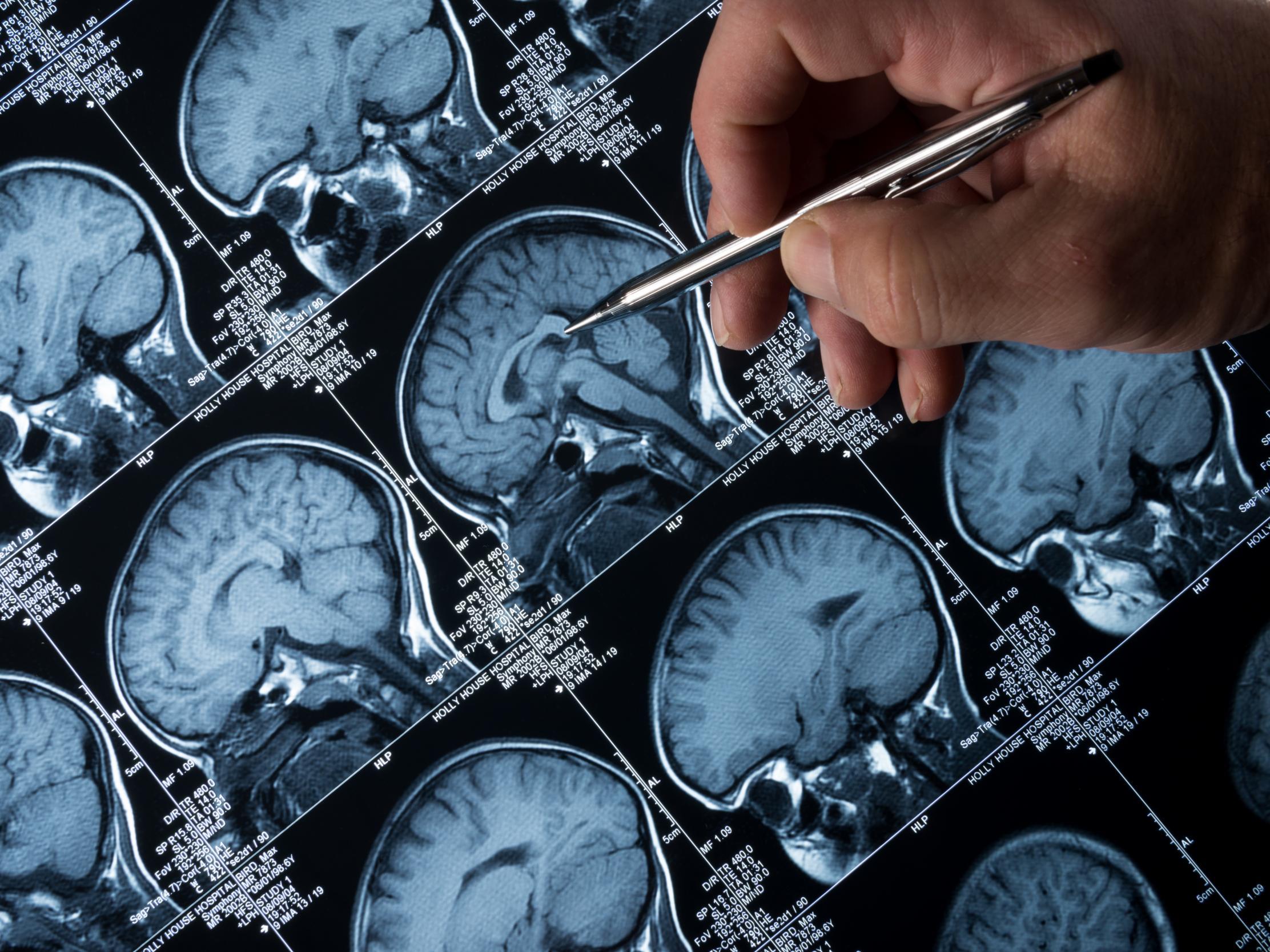Artificial intelligence can accurately diagnose brain tumours within minutes
‘With this imaging technology, cancer operations are safer and more effective than ever before’

Artificial intelligence can diagnose brain tumours more accurately than a pathologist in a tenth of the time, a study has shown.
The machine-learning technology was marginally more accurate than a traditional diagnosis made by a pathologist, by just 1 per cent, but the results were available in less than two minutes and 30 seconds, compared with 20 to 30 minutes by a pathologist.
The study, published in Nature Medicine, demonstrates the speed and accuracy of AI diagnosis for brain surgery, allowing surgeons to detect and remove otherwise undetectable tumour tissue.
It is the latest study to show the benefits of machine-learning artificial intelligence in healthcare. Earlier this month researchers showed a Google-based AI was as good as humans at spotting incidences of breast cancer – and it was much better at avoiding false positives.
Sir Simon Stevens, the head of the NHS in England, has said he wants the NHS to be a world-leader in the use of artificial intelligence to help make up to 30 million outpatient appointments unnecessary, saving the health service £1bn.
Technology is increasingly being used to diagnose patients, with 315,000 MRI scans and more than 520,000 CT scans carried out in March alone in 2019 – up 20 per cent and 33 per cent, respectively, in three years.
In this latest study, researchers at New York University’s School of Medicine and Langone Hospital used the light from lasers scattered by tumour tissue to identify cancer.
They trained a computer neural network using more than 2.5 million samples from 415 patients split into 13 categories to represent common brain tumours such as malignant glioma, lymphoma, metastatic tumours and meningioma.
Using 278 patients undergoing brain surgery at three medical centres, they split the patients’ specimens and randomly assigned them to either a traditional pathology lab process or the experimental AI carried out during surgery.
The researchers noted the errors in both groups were different, suggesting the potential to achieve 100 per cent accuracy if a pathologist combined with AI examined samples.
Daniel Orringer, an associate professor of neurosurgery at NYU’s Grossman School of Medicine and a senior author, said: “As surgeons, we’re limited to acting on what we can see; this technology allows us to see what would otherwise be invisible to improve speed and accuracy in the [operating theatre] and reduce the risk of misdiagnosis.
“With this imaging technology, cancer operations are safer and more effective than ever before.”
Dr Orringer developed the imaging technology used by the AI, known as stimulated Raman histology or SRH. This allows features not normally seen in tissue samples to be illuminated, meaning it can identify tumour tissue more easily.
Join our commenting forum
Join thought-provoking conversations, follow other Independent readers and see their replies
Comments
Bookmark popover
Removed from bookmarks